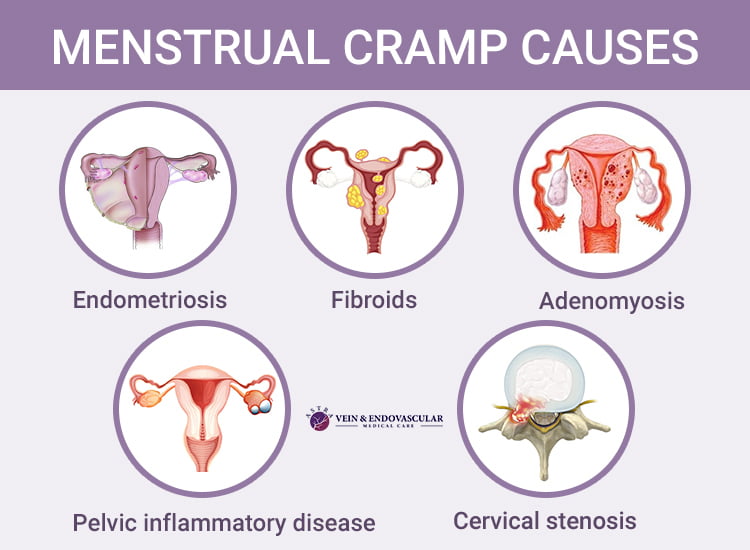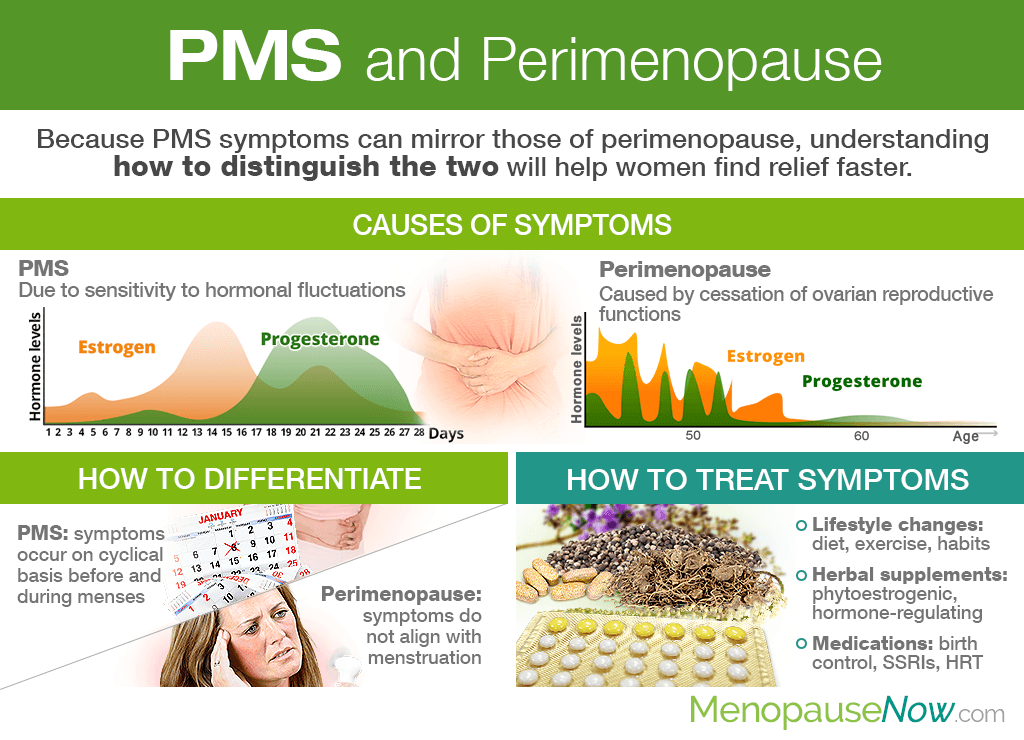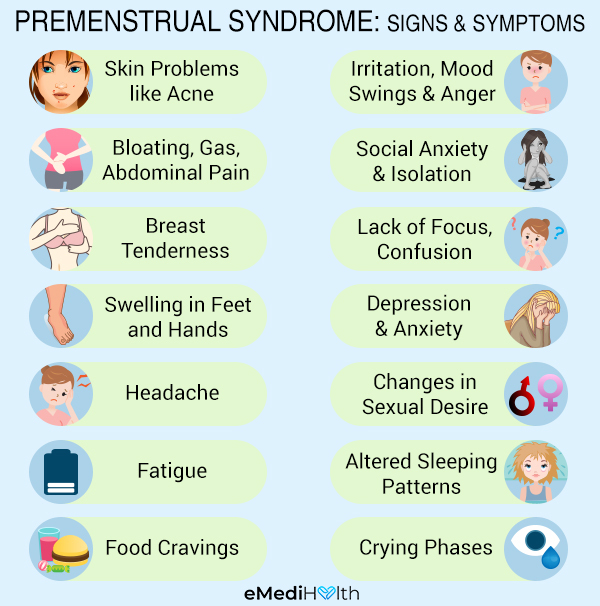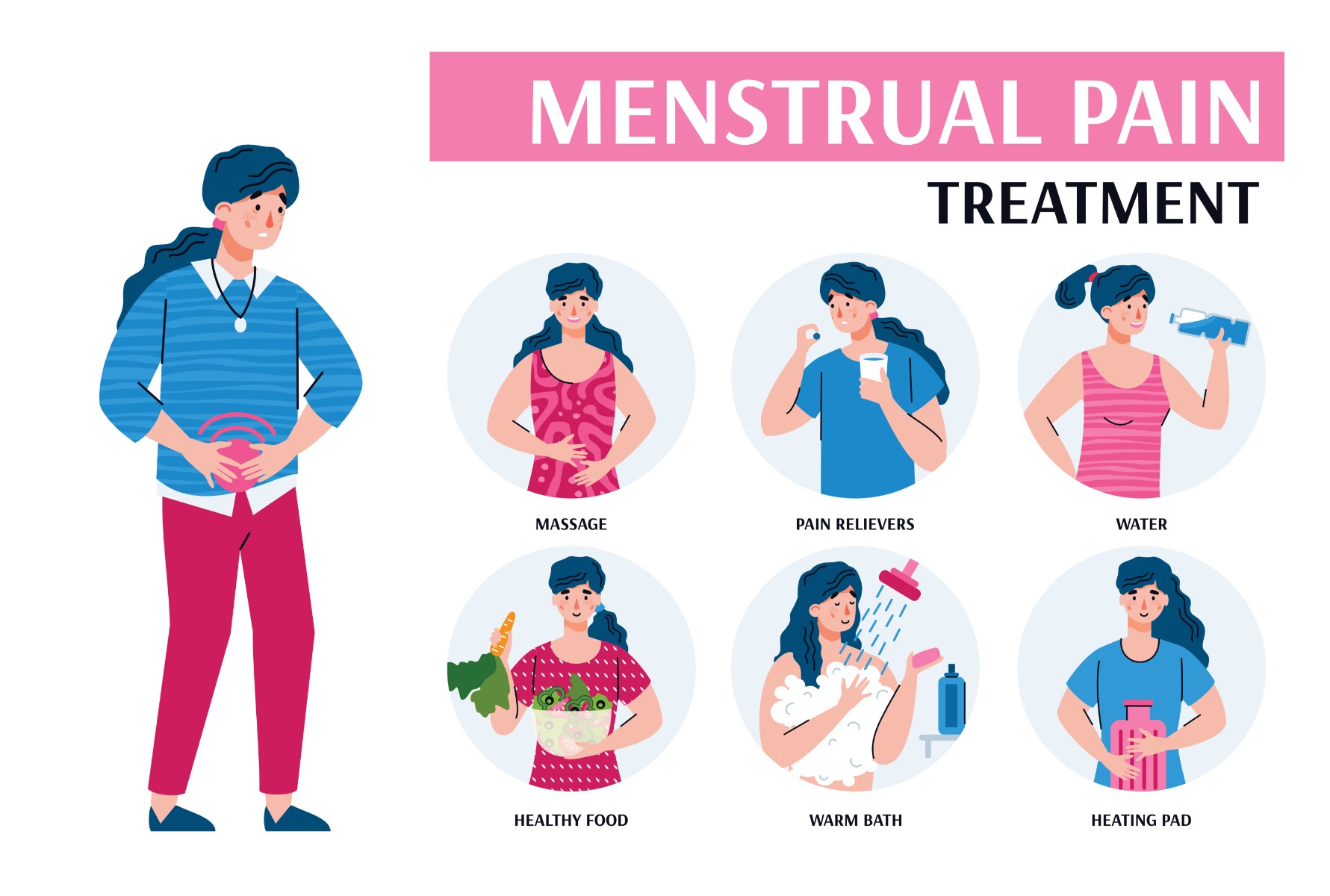Fun Tips About How To Deal With Severe Pms

For some, the physical pain and emotional stress are severe enough to affect their daily lives.
How to deal with severe pms. Selective serotonin reuptake inhibitors (ssris) — which include fluoxetine (prozac), paroxetine (paxil, pexeva), sertraline (zoloft) and others — have been successful in reducing mood symptoms. There are lots of different things you can do to help try and ease the symptoms of pms: Eating a healthy, balanced diet.
For instance, they might prescribe birth control pills or a contraceptive implant, injection,. Get pregnant follow my baby's growth what causes pms mood swings? Exercise is a crucial part of a balanced life, so get the juices.
Regardless of symptom severity, the signs and symptoms. Work out regularly to prevent pms symptoms. Other treatments that may be helpful include taking about 1500 mg of primrose oil daily or using natural progesterone cream.
Many people with pmdd report feeling very depressed. It's different for every person. Track your food for a few days to get an overall picture.
In order for a doctor to officially diagnose you with pms, you need to have pms symptoms for at least 3 months in a row. They must start in the 5. If their symptoms are severe, their doctor might prescribe contraceptives.
Premenstrual dysphoric disorder: Some women are able to control. Avoid stressful and emotional triggers, such as.
Pms it’s easy to mistake pmdd for pms — many physical signs are the same. For most people, pms symptoms tend to worsen in the late 30s and 40s as perimenopause approaches. How to deal with premenstrual mood swings why it happens management finding support we include products we think are useful for our readers.
Pmdd is very similar to pms, but its symptoms are more severe. Getting enough sleep and using relaxation techniques, such as mindfulness, meditation and yoga, also may help. Selective serotonin reuptake inhibitors (ssris) are the first.
Premenstrual syndrome (pms) premenstrual syndrome (pms) is a combination of symptoms that many women get about a week or two before their. A doctor or clinician can offer more guidance on. The signs can range from mild to severe.


















